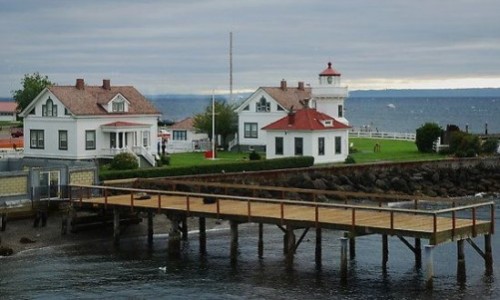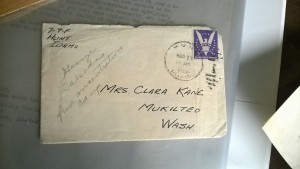 Imagine being taken from your home and sent to live in a camp in another state with several thousand people, taking with you only what you can carry. What would happen to your livelihood? What would happen to your property? What if you have people or animals who count on you?
Imagine being taken from your home and sent to live in a camp in another state with several thousand people, taking with you only what you can carry. What would happen to your livelihood? What would happen to your property? What if you have people or animals who count on you?
During World War II, this happened to a number of Mukilteo natives. They had been part of the Japanese community in the early 1900’s. Most had moved to other places by the 1940’s since Crown Lumber, the town’s primary employer, closed in 1930. However, many who had grown up in town and attended Rosehill School kept in touch with friends and mentors such as Clara Kane.
The Mukilteo Historical Society has an original letter from one such resident, George Tokuda, who wrote to Clara Kane from the Minidoka War Relocation Center in Hunt, Idaho. Kane (nee Pokswinski) probably got to know the Tokuda family as a young person, because she worked teaching English to Japanese residents. She states in Mukilteo Pictures and Memories, “During my school years, I taught…the men, three days a week, in the evening; the women and children in the afternoon. The women also wanted help in sewing, cooking and baking American style.”
Tokuda was born in Mukilteo around 1913 with the Japanese first name Tsuneyoshi. According to census records, his father was a boom man at Crown Lumber. The family was still living in Mukilteo in 1930, but by 1940, the records show that they had moved to Seattle. George Tokuda was 27 by that time, a graduate of the University of Washington, and working as a druggist. He resided with his parents and probably helped to support them, since his father’s occupation in the 1940 census is “druggist help.”
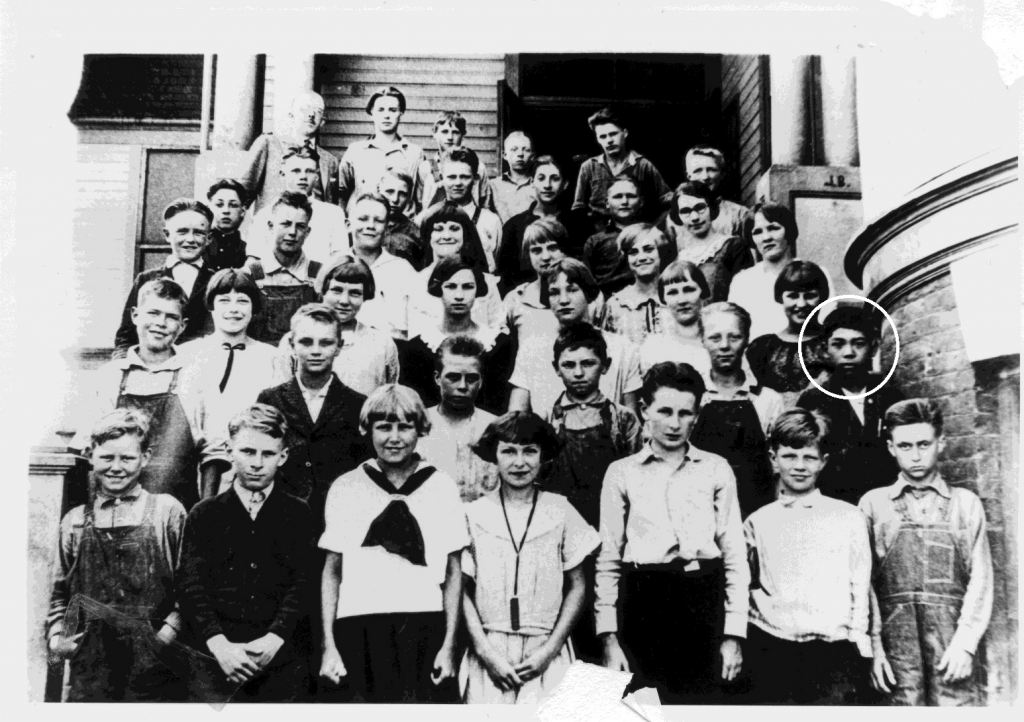
In the letter from the internment camp, George Tokuda reminisces about Kane’s homemade bread and sends his best wishes to her family and the Pokswinski’s. He describes the loss of two businesses in Seattle as a result of internment and tells of the boredom and difficulty encountered by the residents who have “as much privacy as a goldfish.” The weather is also extreme, and Tokuda says, “this is not such a haven of peace and contentment as we read in the papers concerning this place.”
Tokuda even seems to be considering escape, stating, “I am at present seriously thinking of going outside…probably to the middle west…but that is just tentative plans. I have to get out before it is too late….hate to think of landing at Sedro Wooley or Steilacomb.”
Tokuda seems to have stayed on in the internment camp, however. According to his 1985 obituary, he was a fixture in the Central area of Seattle, a founder of Liberty Bank. He also married and was the father of five.
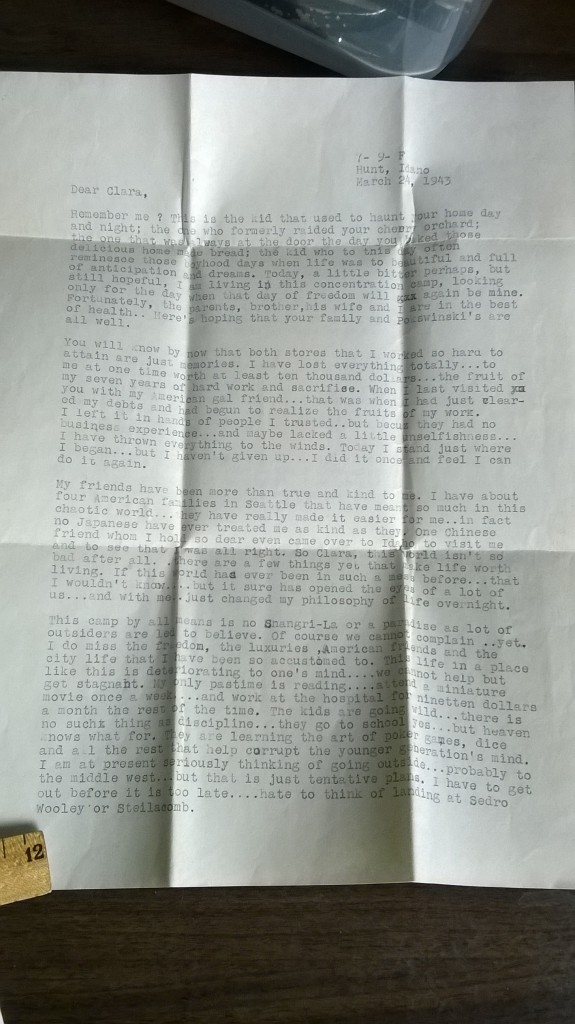
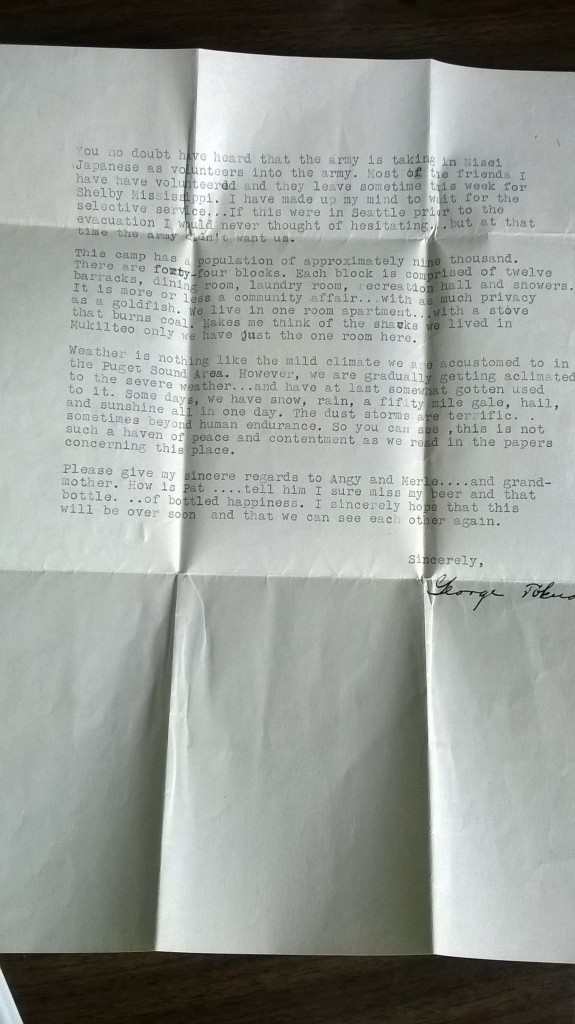
You can read a complete transcript of the letter here.
